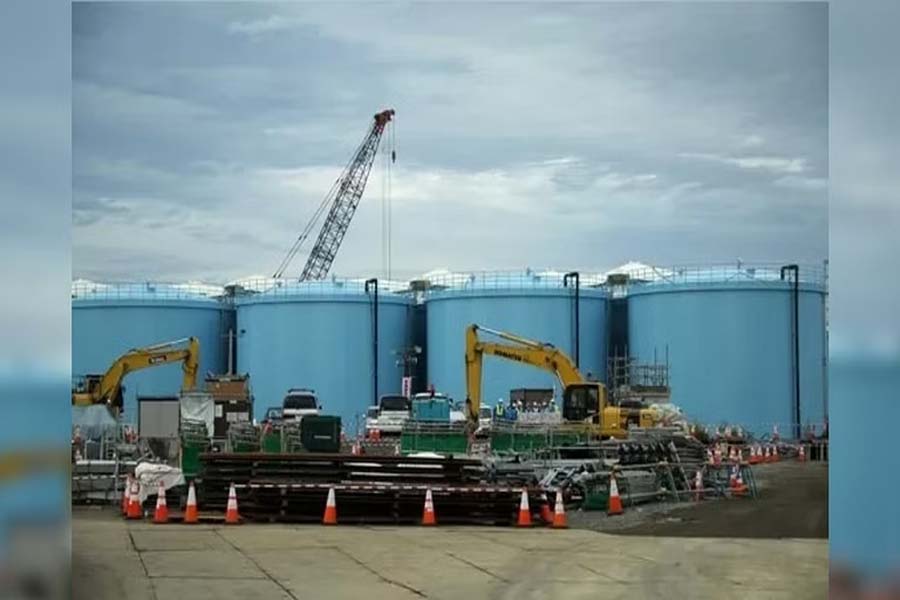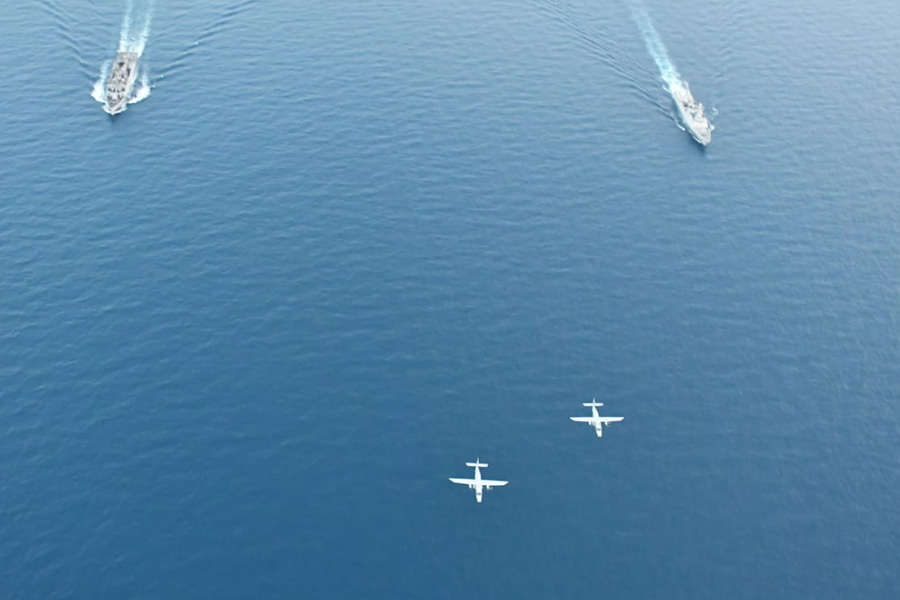S.Korea to send team to Fukushima for radioactive water inspection

SEOUL: A 21-member team of South Korean experts will embark on a six-day visit to Japan for an on-site inspection ahead of the planned release of radioactive water from the crippled Fukushima nuclear power plant into the ocean, the government said on Friday.
The delegation, headed by the chief of the country’s nuclear safety commission, will review the safety of the entire process of discharge and check Japan’s capability in analyzing radioactive materials, according to the Office for Government Policy Coordination (OPC).
The inspection visit was agreed upon in principle when President Yoon Suk Yeol and Japanese Prime Minister Fumio Kishida held a summit in Seoul earlier this month, reports Yonhap News Agency.
South Koreans have been concerned about possible health and environmental hazards from the planned release of contaminated water. Diplomats from the two countries have since worked out details of the visit.
Leading the team will be Nuclear Safety and Security Commission Chairperson Yoo Guk-hee, accompanied by 19 other experts in nuclear reactor and radiation sectors, as well as one expert in radiation in the marine environment, according to the OPC. During the visit, the inspection team will first meet officials from the plant’s operator, Tokyo Electric Power Co., to discuss the overall situation in detail.
The team will also examine the plant’s custom purification system, known as ALPS, and assess the results of the water purification process through ALPS.
In addition to the government experts, a separate group of some 10 civilian experts will also be formed to review and support the inspection team’s activities. In March 2011, a massive earthquake and subsequent tsunami damaged the Fukushima plant’s cooling systems, resulting in the release of a large amount of radiation.
The plant currently stores over 1.3 million tonnes of water treated by ALPS. The water release is set to begin this year and will take decades to complete, in what Japanese officials claim is an unavoidable step in the decommissioning process. Meanwhile, the International Atomic Energy Agency is conducting a separate inspection.
The Vienna-based nuclear watchdog has already released five reports and is scheduled to publish its final report on the multi-year safety review in June.
-IANS





